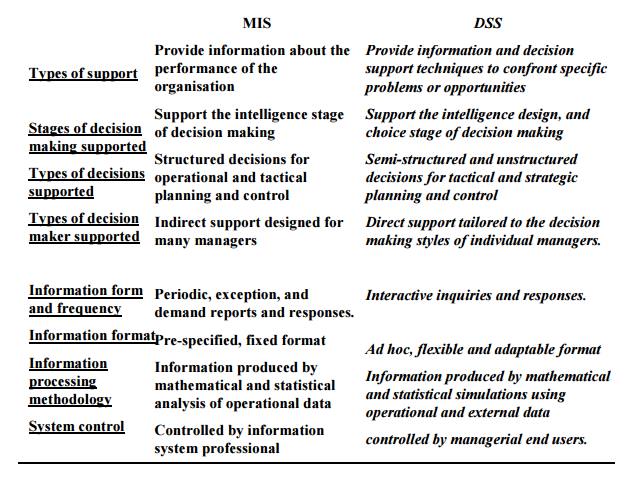Chapter: Principles of Management : Controlling
Role of MIS play at various levels of management
Role of MIS play at various levels
of management
Trends in Information Systems
Expanding roles of IS in business
and management
The expanding participation of end
users and managers in Information Systems
Data
Processing (1950-1960)
Electronic
data processing systems: Transaction processing, record keeping, and
traditional accounting applications
Management
Reporting: 1960-1970s
Management
information system: Management reports of pre-specified information to support
decision making
Decision
support: 1970s 1980s
Decision
support systems: Interactive ad hoc support of the managerial decision making
Strategic
and End User support: 1980s-1990s
End
user computing systems: Direct computing support for end user productivity and
work group collaboration
Executive
information systems: Critical information for top management
Expert
systems: Knowledge based expert advice for end users
Strategic
information system: Strategic products and services for competitive advantage
Electronic
Business and Commerce 1990s-2000s
Internetworked
E-business and E-commerce systems:
Internetworked enterprise and global E-business operations
and electronic commerce on the internet, intranets, extranets, and other
networks.

Reducing
the cost
Greater
precision of data
Co-ordination
through unifying the concepts of each sub-system
More
rapid access by managers to the information that they need quickly
Stages
of Globalisation
A firm
passes through different stages of development before it becomes a truly global
corporation.
Typically,
a domestic firm starts its international business by exporting. Later it may
establish joint ventures or subsidiaries abroad. From an international firm it
may then develop into a multinational firm and finally into a global one.
Related Topics